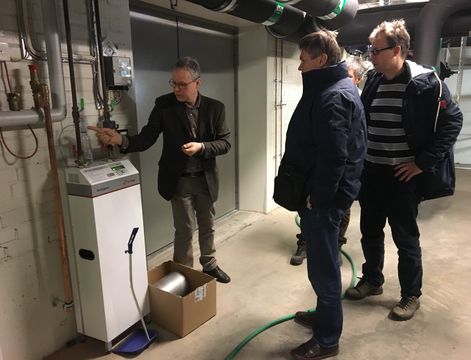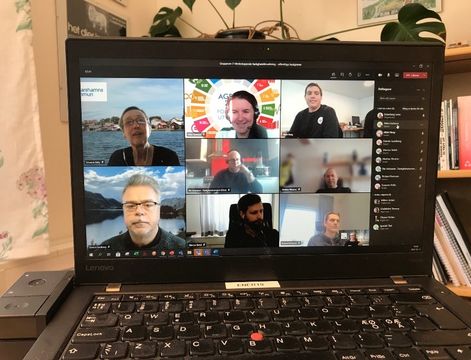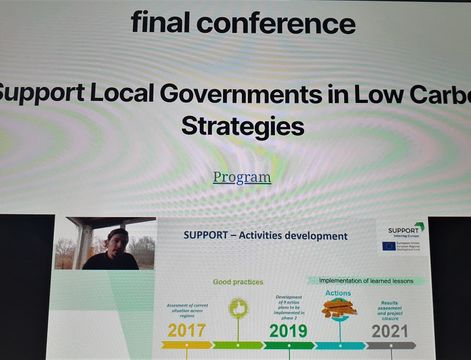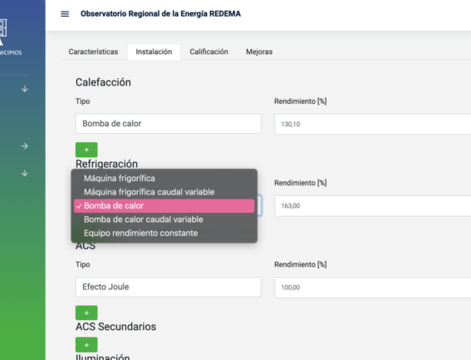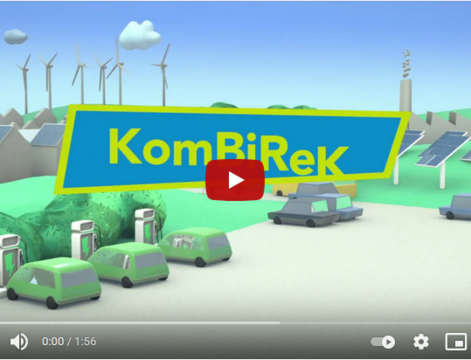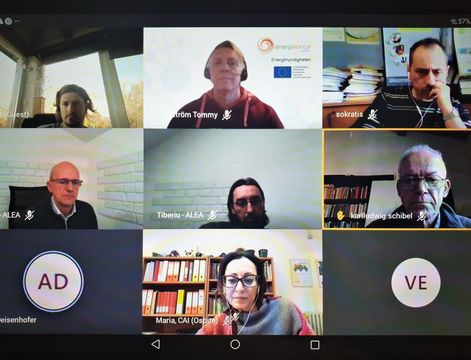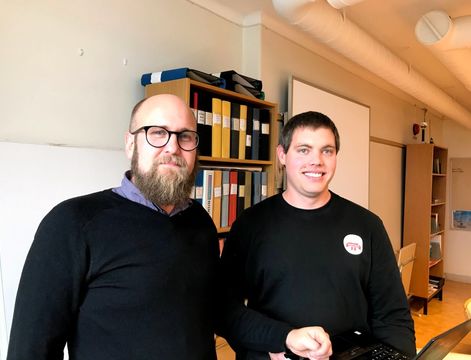Don Daniel Ayala Serrano (U-SPACE), describes the existing legal framework in terms of energy efficiency at European, national, local and regional level, detecting a shortage of regulations. In addition to identifying the presence of well qualified professionals but having a deficit of these at the local level. It gives a brief description of the different policies, plans and programs existing at the state and local level and the regulations in force at those levels. Related to the implementation of these policies and plans, he shows us its current situation and indicates the number of PAES (Sustainable Energy Action Plan) that are currently implemented in Andalusia.
Doña Reyes Mª Luque Oporto, continues the presentation, showing the results obtained in the surveys that have previously answered the SUPPORT project partners. First, he describes the main barriers encountered when implementing policies and plans about energy efficiency: lack of awareness and some reluctance towards changes, lack of political commitment, lack of financial resources, lack of awareness and lack of knowledge on the part of technicians regarding the possibility of implementing plans. On the other hand, they also detected excessive bureaucratization, the fact that energy efficiency is not a priority at the local level and the need to improve existing legislation in this area.
Finally, she shows the rest of the results of the survey, highlighting, among others, the lack of the figure of the energy manager, the fact that the collaboration of the owners is decisive in the result of the projects and that the time of recovery of the investments in This subject is relatively high ranging between the 6-9 years both at the administrative level and between service providers. With regard to the experiences and / or knowledge about European funds for energy efficiency work, it should be noted that there is the same percentage of partners (50%) who claim to know or have experience with these issues in the service provider sector.
In conclusion, the other sectors highlight the need to improve public awareness of energy efficiency and climate change, which, coupled with the existence of aid and its mandatory nature, would improve energy efficiency at the local level as well as the fact that one of the benefits that the investments in this matter contribute is related to the cost savings and the increase of the awareness among others.
The participants in the meeting are divided into two working groups to discuss the problems encountered in implementing PAES (Sustainable Energy Action Plan) and the problems encountered in energy development programs, incentives and the Andalusian energy strategy.
The first group worked on the problems encountered with the implementation of the PAES, stating the following conclusions: problems with the implementation of regulations; lack of specialized profile to implement the regulations; lack of generic indicators within the PAES, there are no statistics or access to them or reliable information.; the existing funding is finalist, since it is very directed to a specific solution; lack of adaptation at the local level of the PAES, Lack of investment; Lack of awareness and training (there is no profile or a department of Energy Efficiency in local entities); lack of a road map and financial commitment within the PAES; lack of political commitment. It is necessary to create a new energy culture both politically and technically.
The second group was focused on identifying the obstacles detected with the energy development programs, incentive order and the Andalusian energy strategy, with the following conclusions:
-administrative procedures: the object of these is the same for private and public entities which gives problems to access the procedures
- Segmentation problems. The financing is broken down according to the measures to be carried out and not by income nor by target public. Need for integrated rehabilitation, integrating several measures into one.
- Existence of collaborating entities. These allow the beneficiaries to access the financing but there is a rise in prices on the part of them; lack of training of collaborating entities; increased IRPF; creation of a price bank that imposes an upper limit which can’t be exceeded; lack of information for the user; encouraging the development of comprehensive strategies; improvement of public-public and public-private collaboration through the collaboration of university professors; greater source of information; surplus in financing but there is an expenditure ceiling. They propose that this ceiling of expenses be increased and the creation of a budget destined to Energy Efficiency.
Once these conclusions have been presented, it is shown a video of the presentation of the Citizens prize to the Andalusian Federation of Municipalities and Provinces collected by Mrs. Teresa Muela, general secretary of the FAMP the meeting is concluded.



